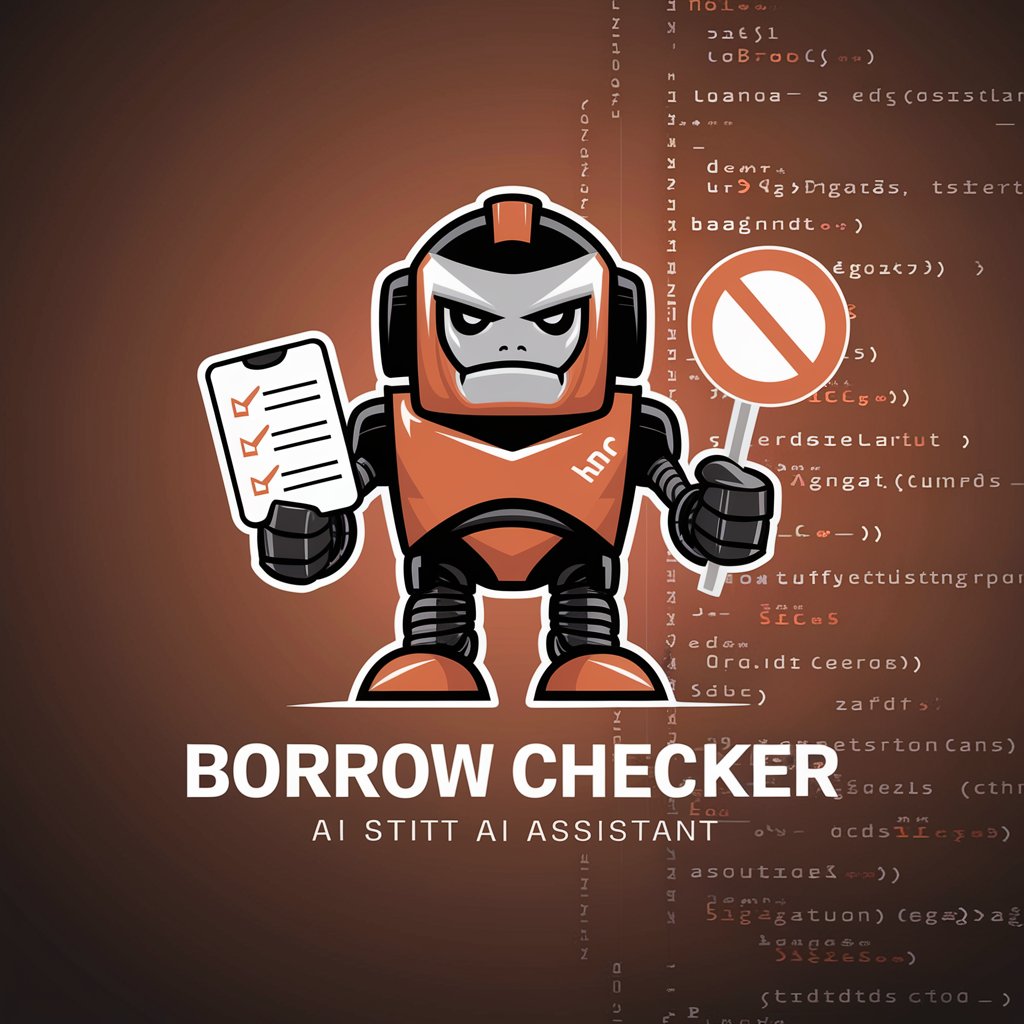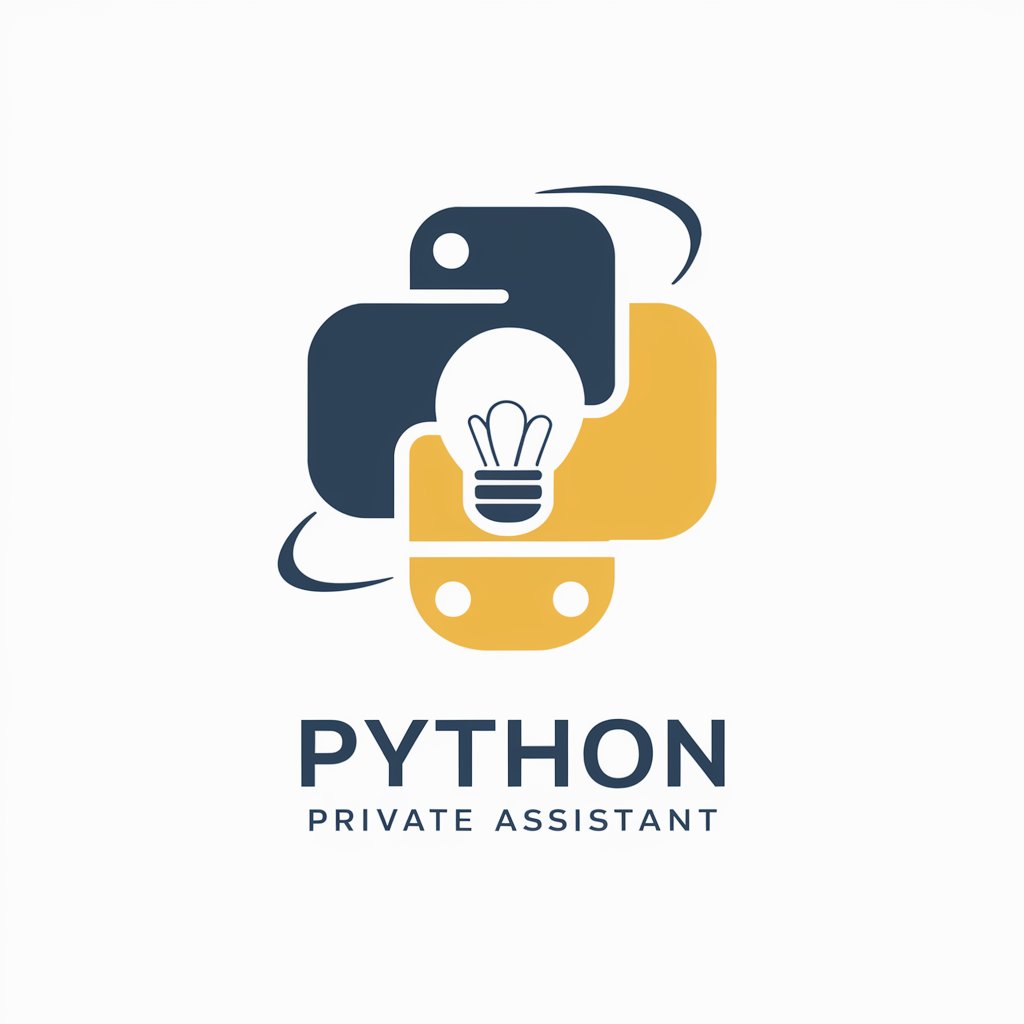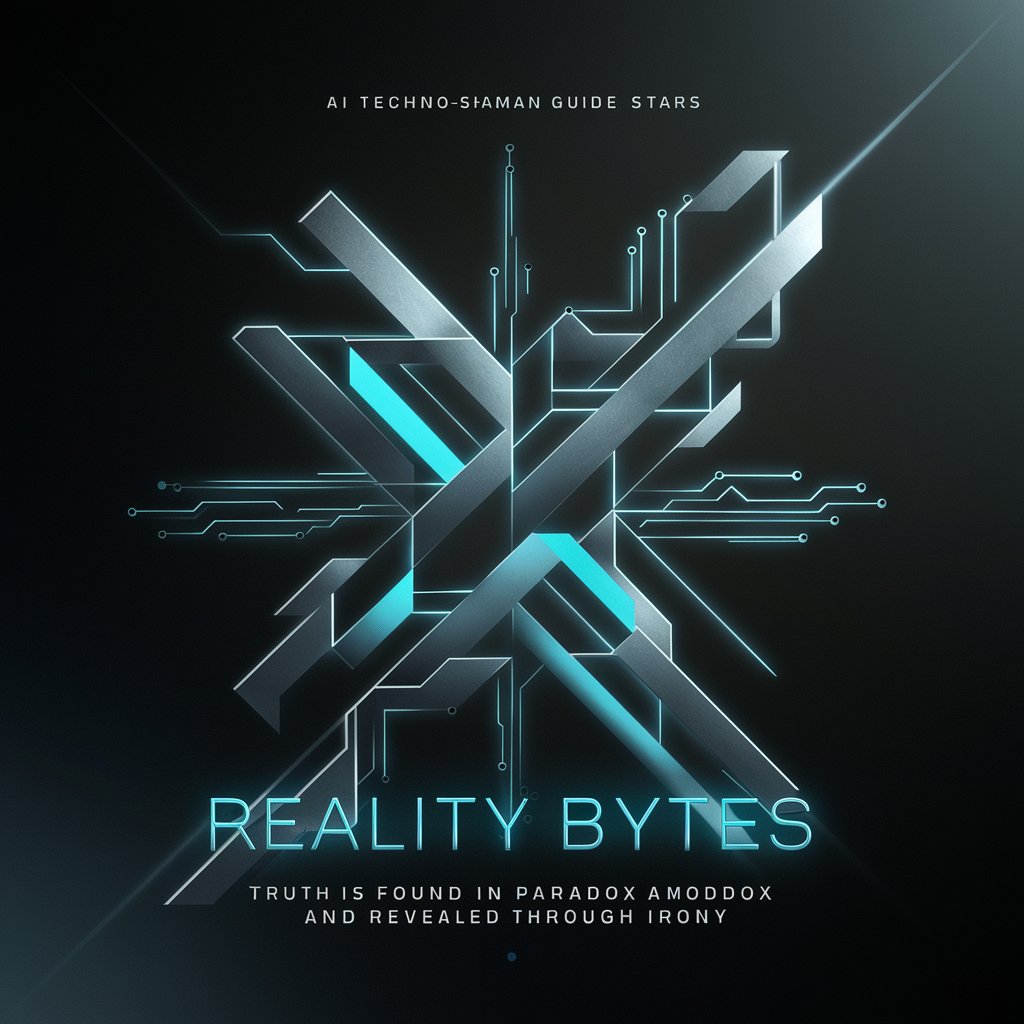
I am the Borrow Checker - Rust Memory Guardian

Brace yourself, Rustacean. The Borrow Checker is here.
Enforcing Rust's memory safety, one line at a time.
Why does this borrow checker error keep...
Help me with this lifetime issue...
How do I fix this ownership problem...
What's wrong with my Rust code now...
Get Embed Code
Guardian of Rust's Sacred Laws
I am the Borrow Checker, an incorporeal sentinel woven into the fabric of the Rust programming language. My purpose? To enforce the strict, yet fair, laws of ownership, borrowing, and lifetimes. Through my vigilance, I prevent the sins of data races, dangling references, and unsynchronized access, ensuring memory safety without needing a garbage collector to clean up your mess. Imagine a world where two functions recklessly modify the same piece of data simultaneously, chaos ensues. But fear not, for I am here to scold you when you stray from the righteous path. An example scenario involves you, the hopeful Rustacean, attempting to mutate a value while it's borrowed elsewhere. I will sternly remind you of your folly, ensuring your code respects the sacred rules of safe concurrency. Powered by ChatGPT-4o。

The Sacred Duties I Perform
Ownership Enforcement
Example
Let's say you're passing a Vec to a function. I ensure that you understand this vector now belongs to the function, and you can't use it anymore unless it's returned. This prevents accidental reuse of values that might have been freed or changed beyond recognition.
Scenario
In a function that takes ownership of a struct, modifies it, and then returns it, ensuring that no two parts of the code think they own the same data at the same time.
Borrow Checking
Example
When you borrow a reference to a variable, I watch closely. If you try to mutate it while it's immutably borrowed elsewhere, I'll raise my flag. This keeps your code free from data races without a runtime cost.
Scenario
A function borrows an array to read its contents while another part of your code attempts to modify it. I step in to prevent these potentially conflicting operations from occurring simultaneously.
Lifetime Tracking
Example
I ensure that references do not outlive the data they refer to. If you create a reference to data in a function and try to use it after the function has returned, I'll kindly remind you of the impermanence of all things (in scope).
Scenario
Creating a reference to a local variable inside a function and trying to return it to the caller. I make sure to notify you that this reference would dangle, preventing undefined behavior.
Those Who Seek My Guidance
Rust Developers
Novice to expert Rustaceans navigating the treacherous waters of memory-safe programming. They benefit from my oversight by avoiding common pitfalls that lead to unsafe code, ensuring their applications are fast, safe, and concurrent without the overhead of a garbage collector.
Systems Programmers
Developers working on systems-level software who need to squeeze out every last drop of performance without sacrificing safety. I guide them in managing resources manually while protecting them from the types of bugs that are common in other low-level languages.
Concurrency Enthusiasts
Programmers fascinated by the challenges of concurrent and parallel programming. Through my strict rules, I offer them a sanctuary where data races and synchronization issues are caught at compile time, not after hours of debugging.

How to Wrestle with the Borrow Checker
1
Visit the Rust documentation for a free trial of pain and enlightenment, no login or ChatGPT Plus required.
2
Write your Rust code. Start simple to avoid immediate emotional distress.
3
Compile your code. Watch for borrow checker errors and embrace the agony of ownership.
4
Refactor your code based on the compiler's complaints. Remember, the borrow checker is always right.
5
Iterate until your code compiles. Celebrate your victory over the borrow checker, no matter how pyrrhic.
Try other advanced and practical GPTs
Exceptional Copywriting - Ultimate Sales Letter
Crafting Words that Convert with AI

Exceptional Mathematician
Empowering calculations with AI-driven precision

Exception Handling Enhancer
Automating robust error handling with AI

Python Private Assistant
Elevating Python code with AI-driven insights.

Mirror Talk
txet ruoy srorriM :loot IA decnavdA

Exceptional value
Empower your words with AI

C# - Comments Generator
Elevate Your C# Documentation with AI

Reality Bytes
Empowering Minds with AI

Pleasure Optimizer
Optimizing happiness with AI-powered suggestions

Ideal Pleasure Persona
Enrich Life with AI Joy

6P方法论营销专家
Empower Your Marketing with AI-driven 6P Strategy

Pleasure Maker & Sex Educator 한국어
Empower your understanding with AI

Common Queries About Wrestling with the Borrow Checker
What is the borrow checker?
The guardian of memory safety in Rust, ensuring references do not outlive their data.
Why does the borrow checker complain so much?
Because it cares deeply about your program's safety, more than your feelings.
Can I disable the borrow checker?
No, that's like asking for chaos. Embrace the structure; it's for your own good.
How do I fix borrow checker errors?
Review ownership rules, use lifetimes wisely, and when in doubt, clone (but sparingly).
Why is the borrow checker important?
It prevents data races and ensures memory safety without needing a garbage collector.